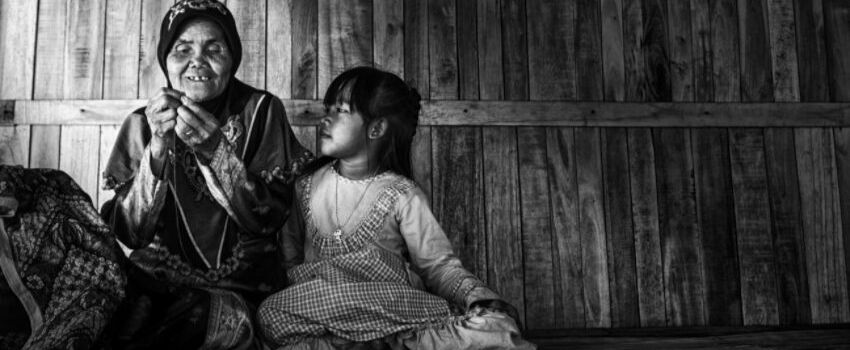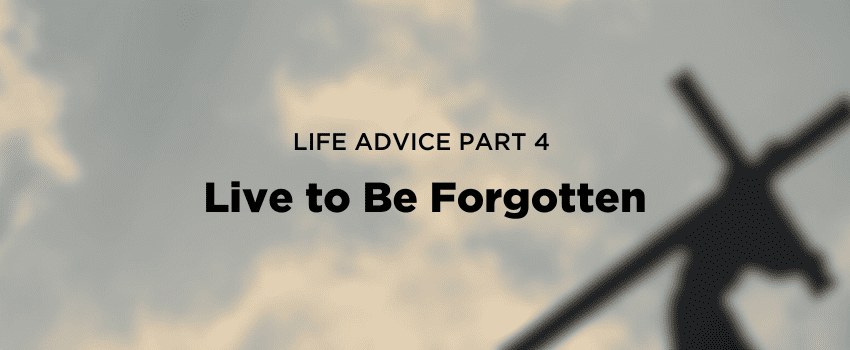
The Privilege of Sharing
Living from overflow is not a theological prosperity concept like “name it and claim it” or “blab it and grab it”; it’s a perspective shift in regard to wealth. The attitude behind this mindset is, “since I am overflowing with what I need, who can I bless today?” In 2







